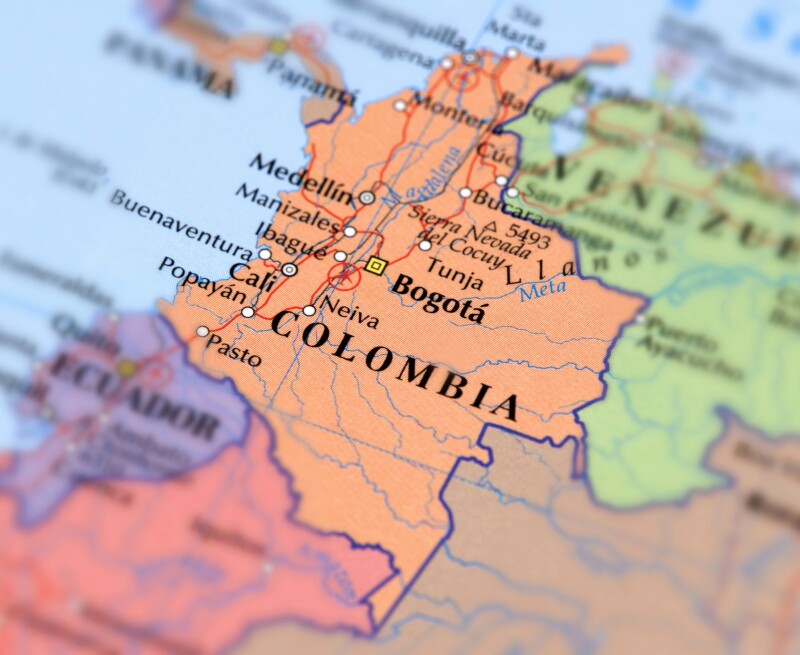A Santander province court in Colombia has reversed a lower court decision to block a pair of investigative hydraulic fracturing programs designed to prove the technology is safe. The decision paves the way for Ecopetrol and ExxonMobil to move forward with the pilot projects; however the ruling is expected to be appealed.
Development of unconventional hydrocarbons using hydraulic fracturing methods is currently not permitted in Colombia, but the country’s highest administrative court has allowed pilot projects to proceed while it considers the issue.
In March, ExxonMobil submitted a proposal to Colombia’s National Hydrocarbons Agency (ANH) to run a hydraulic fracturing pilot project in Colombia’s Valle Medio del Magdalena basin. The estimated $53 million Platero investigative project was conditionally approved by the Colombian government in early April and became the country’s second fracturing pilot ever, joining Ecopetrol’s Kale project. Later that month, a judge in Barrancabermeja suspended an environmental license for Kale, ruling that the Afrowilches, a local Afro-Colombian group, had not been properly consulted, according to Reuters.
Colombia is South America’s third-largest oil producer behind Brazil and Venezuela and its economy depends largely on crude exports. However, to maintain its reserve base, the mountainous Andean country has had to turn to shale and hydraulic fracturing, which the local population has strongly opposed.
Colombia's National Environmental Licensing Authority has authorized the Kale project but not yet the Platero project.
“The ruling dated April 21, 2022, by the First Administrative Court of Barrancabermeja is hereby revoked and the request for legal protection is ruled inadmissible,” the higher Administrative Court of Santander said in a statement.
The Colombia Free from Fracking Alliance, which has fought to keep hydraulic fracturing out of the country, said it will request a review of the decision by the Constitutional Court considering that it “disregards the precedent of prior consultation and violates the rights of the Afro-Colombian communities of Puerto Wilches.”


